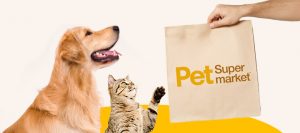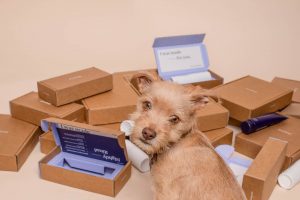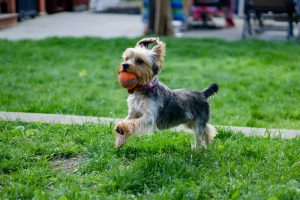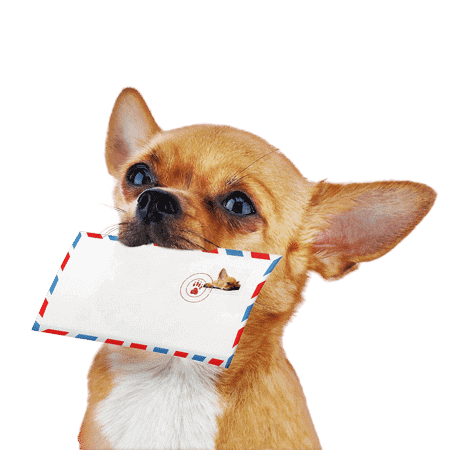Does your dog have a nasty habit of swallowing anything that comes in his mouth? In canine jargon, this behaviour is called pica (or pecking).
Socks, droppings, pieces of plastic, nails, glass, plants, stones. Everything goes with dogs “picavores”. And, eating anything and everything is not safe for the health of your 4-legged friend.
What are the risks?
Depending on the nature of the foreign body swallowed, the dog is at risk:
- An intoxication
- Contraction of infectious diseases and parasites by ingesting foreign bodies contaminated by larvae or parasite eggs
- Digestive disorders range from simple irritation of the digestive tract, resulting in diarrhoea and vomiting, which will often be solved on their own, to intestinal sub-occlusion or obstruction or even to digestive perforation. Of great concern, the sub-occlusion is a partial obstruction of the bowel, and occlusion is a complete digestive tract obstruction. Both result in a substantial slowing down or even a stop entire progression of faeces in the digestive tract. They cause severe abdominal pain and usually nausea and vomiting. If the ingested foreign body is rigid and sharp, it can also cause digestive perforation. The contents of the intestines then flow into the abdomen, causing peritonitis.
What if my dog has swallowed something?
This depends on the nature of the foreign body swallowed.
If the foreign body is digestible (for example, droppings, non-toxic plants, soil, etc.), your dog will digest the object of the offence. Just consider deworming your puppy every two months – instead of the generally recommended six months – if this becomes a habit.
If the foreign body is digestible but likely to cause poisoning (example: chocolate, plants treated with pesticides, plants toxic to dogs such as lilies or cyclamen), immediately contact your veterinarian, who will tell you what to do.
If the foreign body is a solid, non-digestible object, do not attempt to induce vomiting in any way. The “rise” object in the opposite direction could do more harm than good. Instead, contact your veterinarian urgently so that he gives you the procedure to follow.
In any case, at the slightest abnormal behaviour of the dog (loss of appetite, vomiting, no longer defecates, diarrhoea, sleeps a lot, no longer plays.), also consult your veterinarian urgently.





